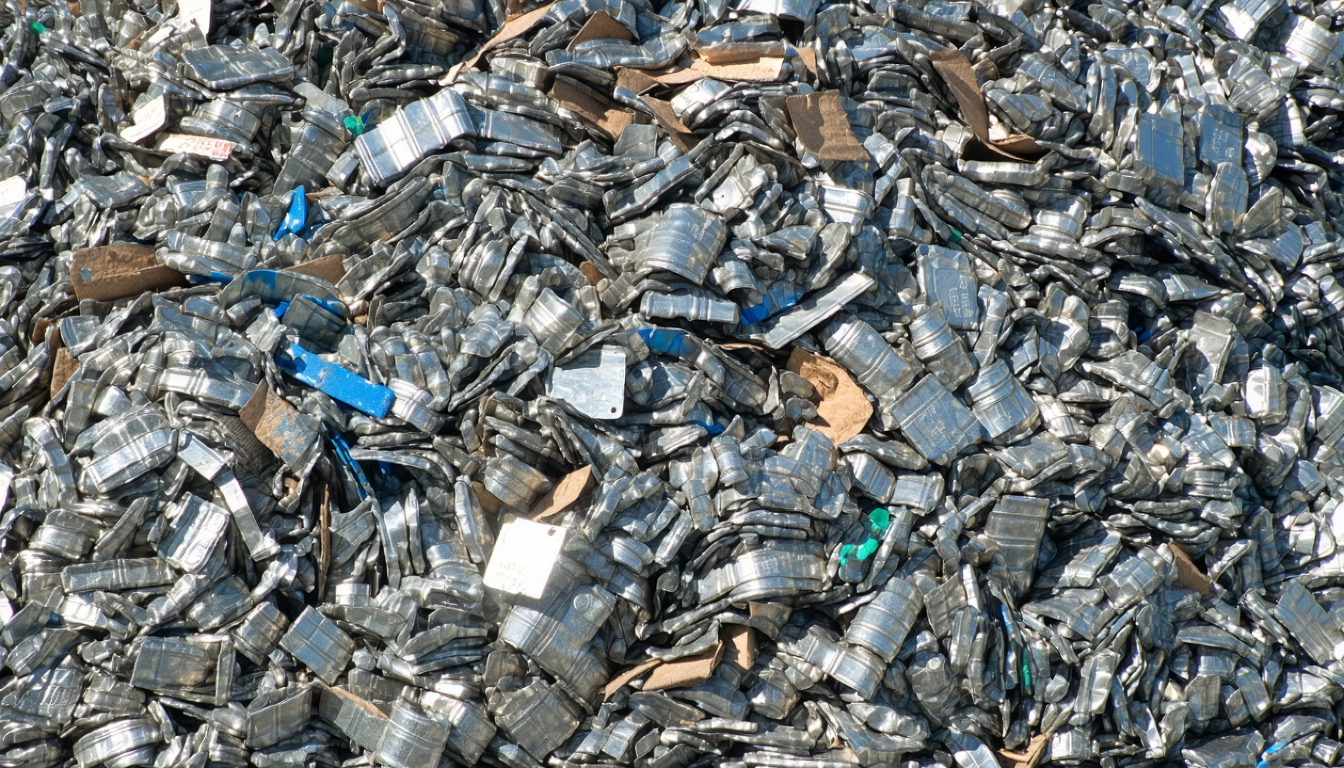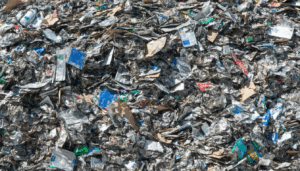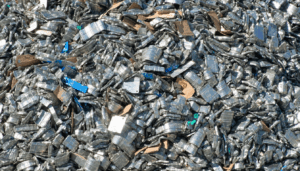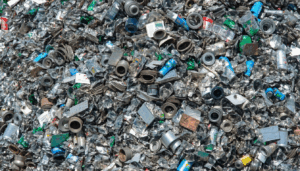In recent years, the metal recycling industry has emerged as a cornerstone of sustainable development in the United States, with Fortune Metal Recycling leading the charge. This innovative company has made significant strides in transforming scrap into valuable resources, contributing to both environmental conservation and economic growth. As demand for recycled materials rises, Fortune Metal Recycling is at the forefront of industry advancements. This article explores the latest developments, their impact on stakeholders, and what lies ahead for this vital sector in the U.S.
The Rise of Fortune Metal Recycling
Fortune Metal Recycling has quickly become a household name in the U.S. recycling landscape. Established over a decade ago, the company specializes in processing ferrous and non-ferrous metals, including steel, aluminum, and copper. With facilities spread across multiple states, it handles millions of tons of scrap annually, turning waste into raw materials for manufacturers.
In 2023 alone, the company reported a 15% increase in processed materials, reaching a record 2.5 million tons, according to their latest annual report. This growth reflects a broader trend of industries prioritizing sustainability. As businesses seek eco-friendly alternatives, Fortune Metal Recycling has positioned itself as a reliable partner.
Economic and Environmental Impact
The significance of metal recycling extends beyond profit margins. By repurposing scrap, companies like Fortune Metal Recycling reduce the need for virgin ore mining, cutting down on energy consumption and greenhouse gas emissions. The Environmental Protection Agency (EPA) estimates that recycling aluminum saves up to 95% of the energy required to produce it from raw materials.
For local economies, the industry creates thousands of jobs. Fortune Metal Recycling employs over 1,200 workers across its U.S. operations, supporting communities through stable employment and partnerships with small businesses. “Recycling isn’t just about sustainability; it’s about building stronger economies,” said John Harper, a senior analyst at GreenTech Solutions.
Challenges Facing the Industry
Despite its successes, the metal recycling sector faces hurdles that could impact growth. Fluctuating global metal prices often create uncertainty for companies like Fortune Metal Recycling. In early 2023, a 10% drop in steel prices affected profit margins for many recyclers, prompting calls for better market stabilization mechanisms.
Additionally, contamination in scrap loads remains a persistent issue. Improper sorting by consumers can lead to inefficiencies in processing, increasing operational costs. Industry experts urge greater public education on recycling practices to address this challenge.
Innovations Driving Progress
Fortune Metal Recycling is not standing still amid these challenges. The company recently invested $10 million in advanced sorting technologies, including AI-driven systems that enhance material separation accuracy by 30%. This move, announced in September 2023, aims to boost efficiency and reduce waste.
Moreover, partnerships with automotive and construction sectors have expanded their reach. By supplying high-quality recycled metals, they help manufacturers meet sustainability targets. “Innovation is key to staying competitive in this field,” noted Sarah Bennett, CEO of EcoMetal Industries, during a recent industry conference.
Future Outlook for Metal Recycling
Looking ahead, the trajectory for Fortune Metal Recycling appears promising yet complex. Analysts predict that stricter environmental regulations will drive demand for recycled materials through 2030. The U.S. government’s push for green infrastructure projects could further elevate the industry’s role in national development.
However, stakeholders must navigate potential trade disruptions and policy shifts. Some experts advocate for federal incentives to support recyclers, while others caution against over-reliance on subsidies. Balancing profitability with environmental goals will be crucial for sustained growth.
In conclusion, Fortune Metal Recycling stands as a beacon of progress in the U.S. recycling sector. Its contributions to economic vitality and environmental stewardship highlight the transformative power of sustainable practices. As challenges persist, innovation and collaboration will shape the future of this dynamic industry, ensuring that metal recycling remains a vital part of America’s green economy.
Frequently Asked Questions (FAQ)
What is Fortune Metal Recycling?
Fortune Metal Recycling is a leading U.S.-based company specializing in processing ferrous and non-ferrous metals, turning scrap into reusable materials for various industries.
Why is metal recycling important?
Metal recycling conserves natural resources, reduces energy use, lowers emissions, and supports job creation, making it essential for environmental and economic sustainability.
What challenges does Fortune Metal Recycling face?
The company deals with fluctuating metal prices, contamination in scrap loads, and operational costs, which can impact efficiency and profitability.
How is technology shaping metal recycling?
Advanced sorting technologies, like AI-driven systems adopted by Fortune Metal Recycling, improve material separation accuracy, reduce waste, and enhance overall efficiency.
What does the future hold for the industry?
With growing demand for sustainable materials and potential government support, the metal recycling sector is poised for growth, though it must address market and policy challenges.





